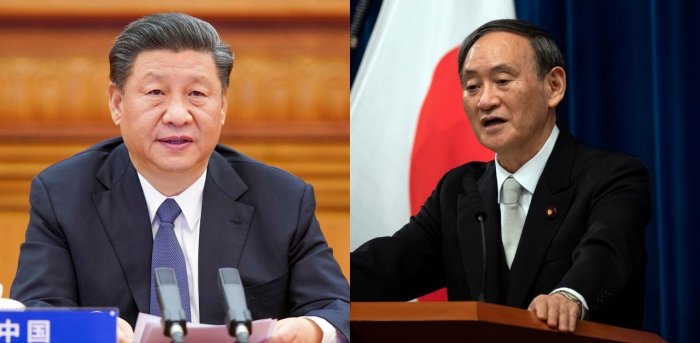China wants to decide what the democratic world thinks about the Communist nation. Over recent years, the Chinese Communist Party has run a massive campaign to influence public opinion and media coverage about China in democratic countries across the world. Countries like India, Australia and the US have all been affected by Beijing’s propaganda blitz. But there is one country that remains immune from China’s campaign to influence media coverage. We are talking about Japan.
Japan, which boasts of a palpable patriotic sentiment, seems unaffected by China’s propaganda blitz. In fact, you may see reports about China ‘training’ Indian journalists, or paying millions of dollars to American media firms for pushing China’s agenda. In Australia’s case, China has, of course, tried to infiltrate the country’s systems completely. But you will never hear a word about Japanese media getting trapped in malicious Chinese influence.
What explains the Japanese media’s near-total immunity from the Chinese Communist Party? It seems that the Japanese media has maintained its integrity owing to the ubiquitous sense of patriotism that pervades every sphere of life in Japan.
Japan has always had a sharp sense of nationalism and understanding of the threat posed by China. In the postwar era, however, Japanese nationalism remained highly subdued. An average Japanese was always proud of how his nation rebuilt itself after the Second World War. However, postwar Pacifism ensured that an average Japanese never expressed it in so many words.
Even if you take a look at Japanese media houses, you will never see a very expressive sense of patriotism. Nonetheless, the latent patriotism in Japan is all-pervasive and influences even its media houses.
But over the past one decade or so, Japanese nationalism has started rising all over again. The new wave of nationalism in Japan is partly attributable to former PM Shinzo Abe’s efforts to move his country away from the Pacifist era which is becoming somewhat anachronistic.
There is a new wave of nationalism in Japan. And interestingly, this new sense of Japanese nationalism is at loggerheads with Chinese belligerence. In 2012, for instance, hundreds of Japanese citizens streamed into Tokyo’s shopping district Shibuya. They protested in front of the Chinese Embassy in a rare show of Japanese patriotism.
The liberal Western media has tried to vilify the rise of Japanese nationalism, but it has been unsuccessful thus far. Nevertheless, Japanese media may have given little space to such nationalist voices but it does get influenced with the way a new narrative is shaping up.
And then the anti-China character of Abe’s ‘Japanese nationalism’ seems to have influenced Japan’s media deeply. And it continues to guide media opinion in Japan even after Abe’s retirement from active politics. Today, Japanese media is giving maximum coverage to how Tokyo is preparing itself against the Chinese military strength or for that matter how the Japanese military forces look to protect the Senkaku Islands against an intrusive Chinese PLA.
The strong sense of Japanese nationalism, whether subdued or manifest, has therefore kept Japan’s media insulated from Chinese influence. Today, China is influencing mainstream and social media in every part of the free world but Japan stands as a proud exception.








